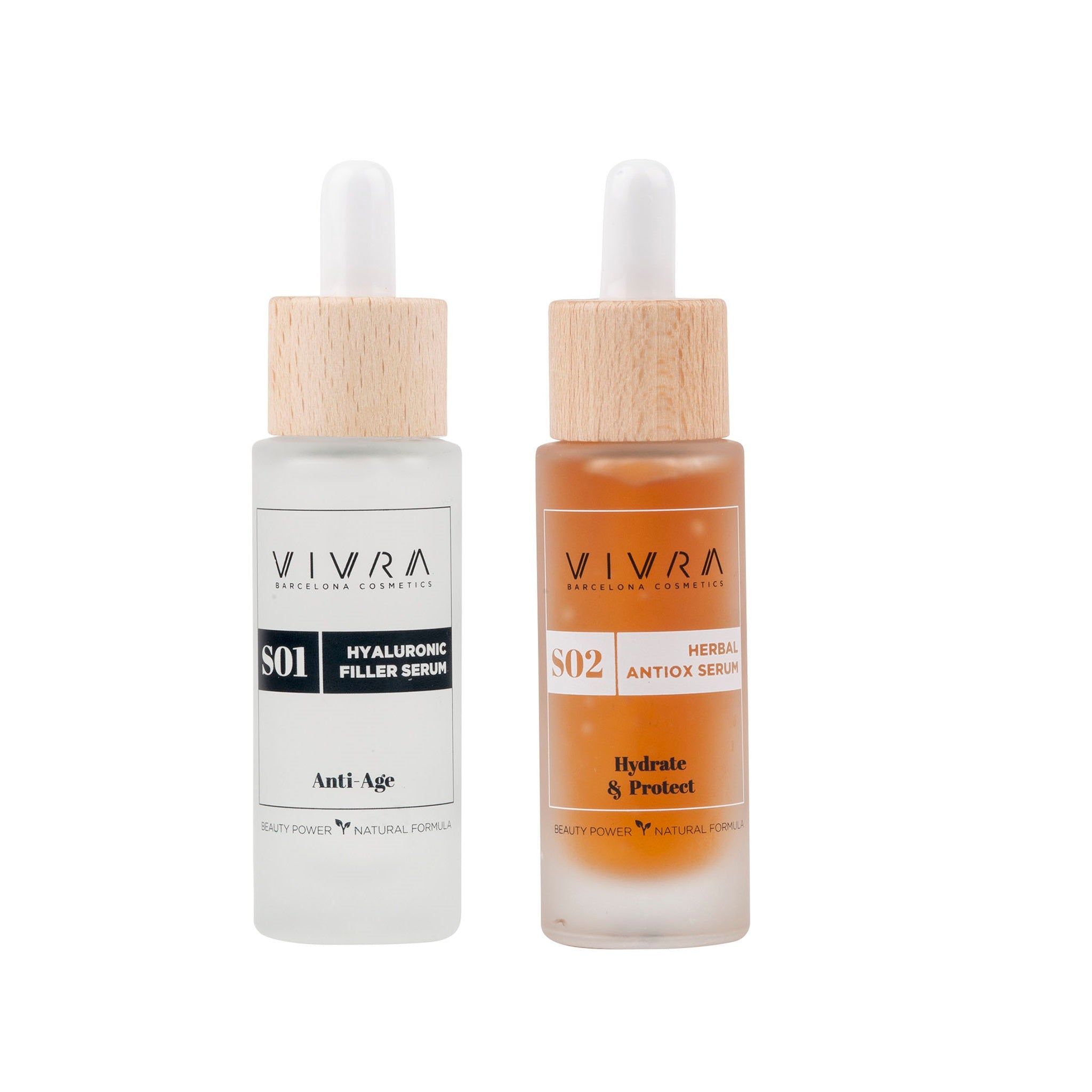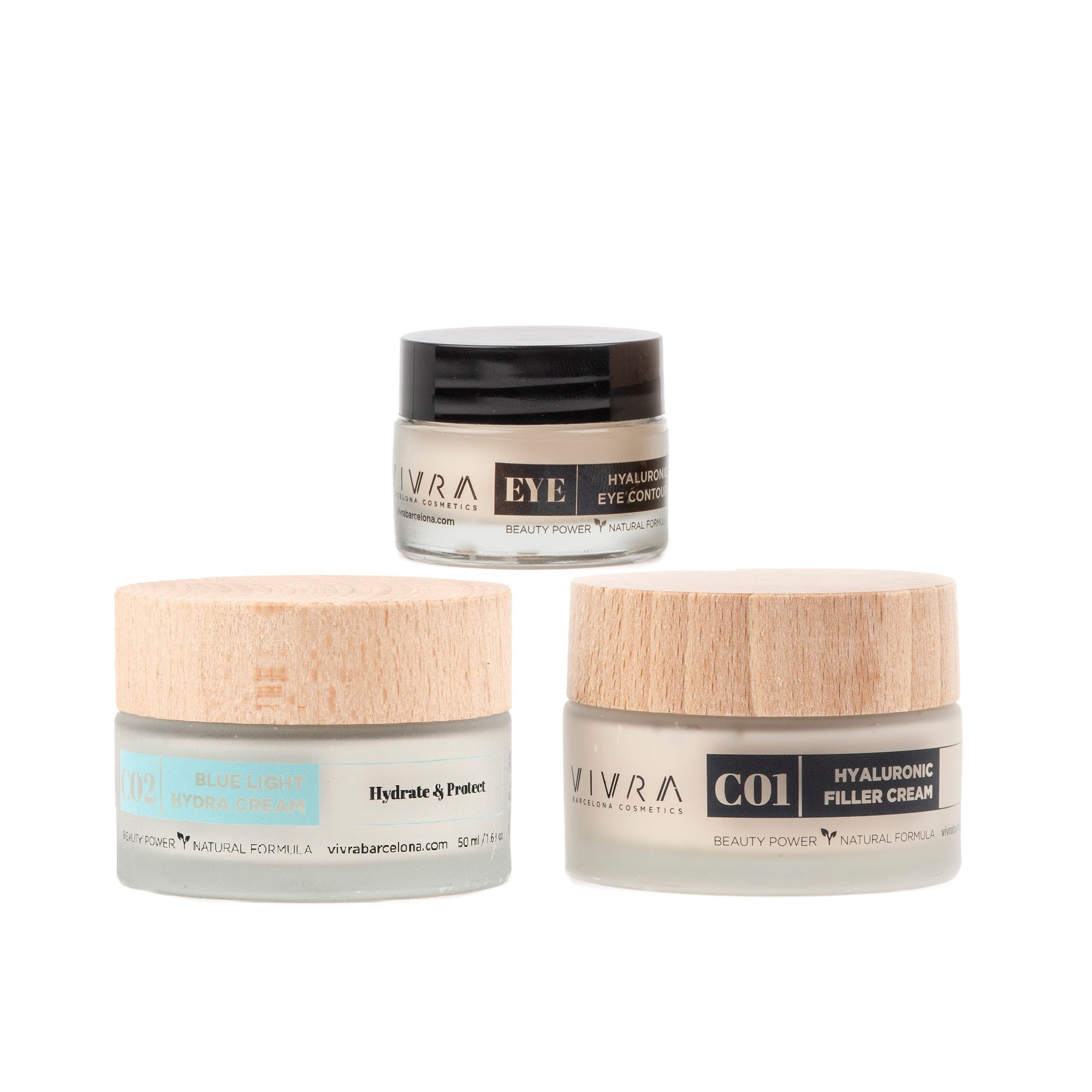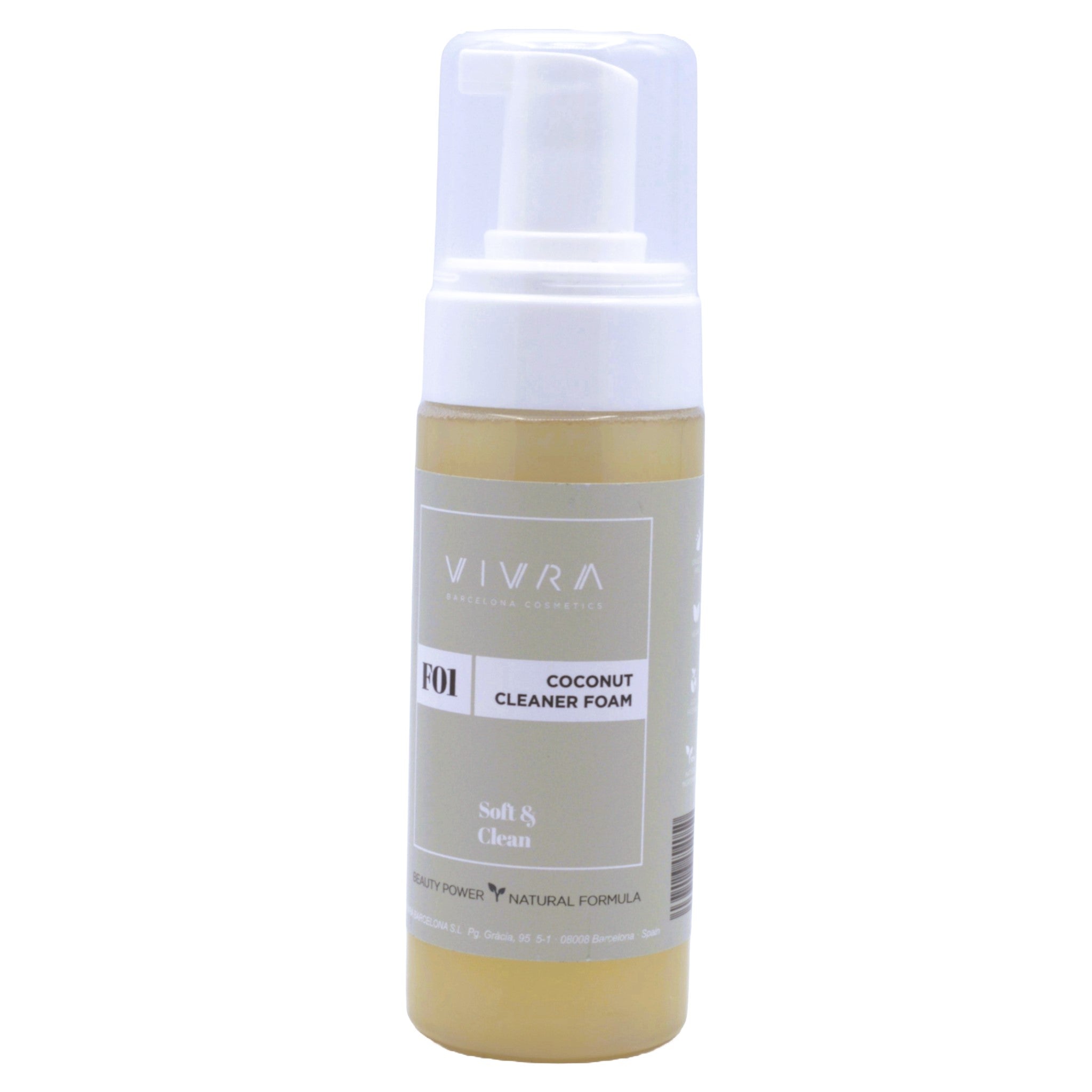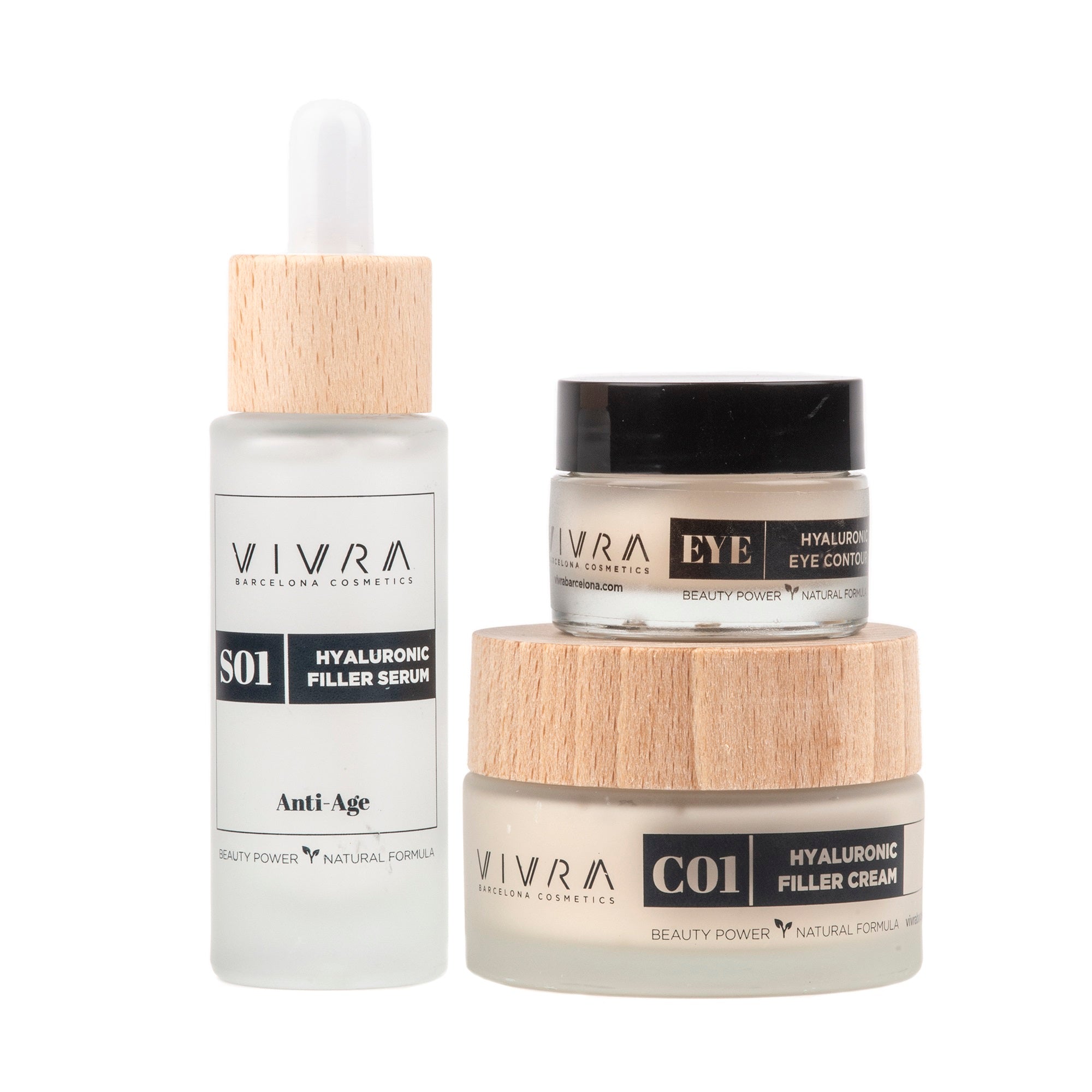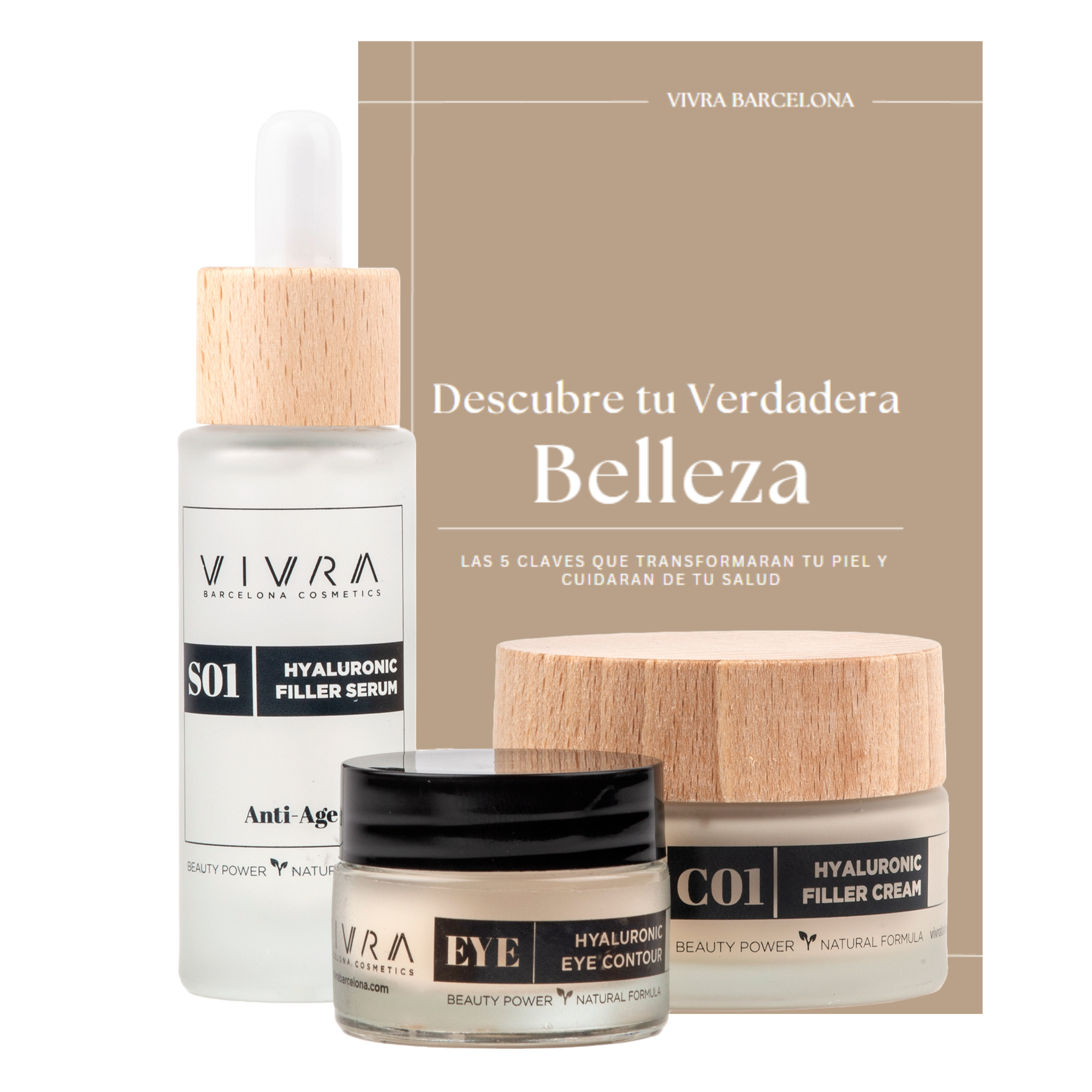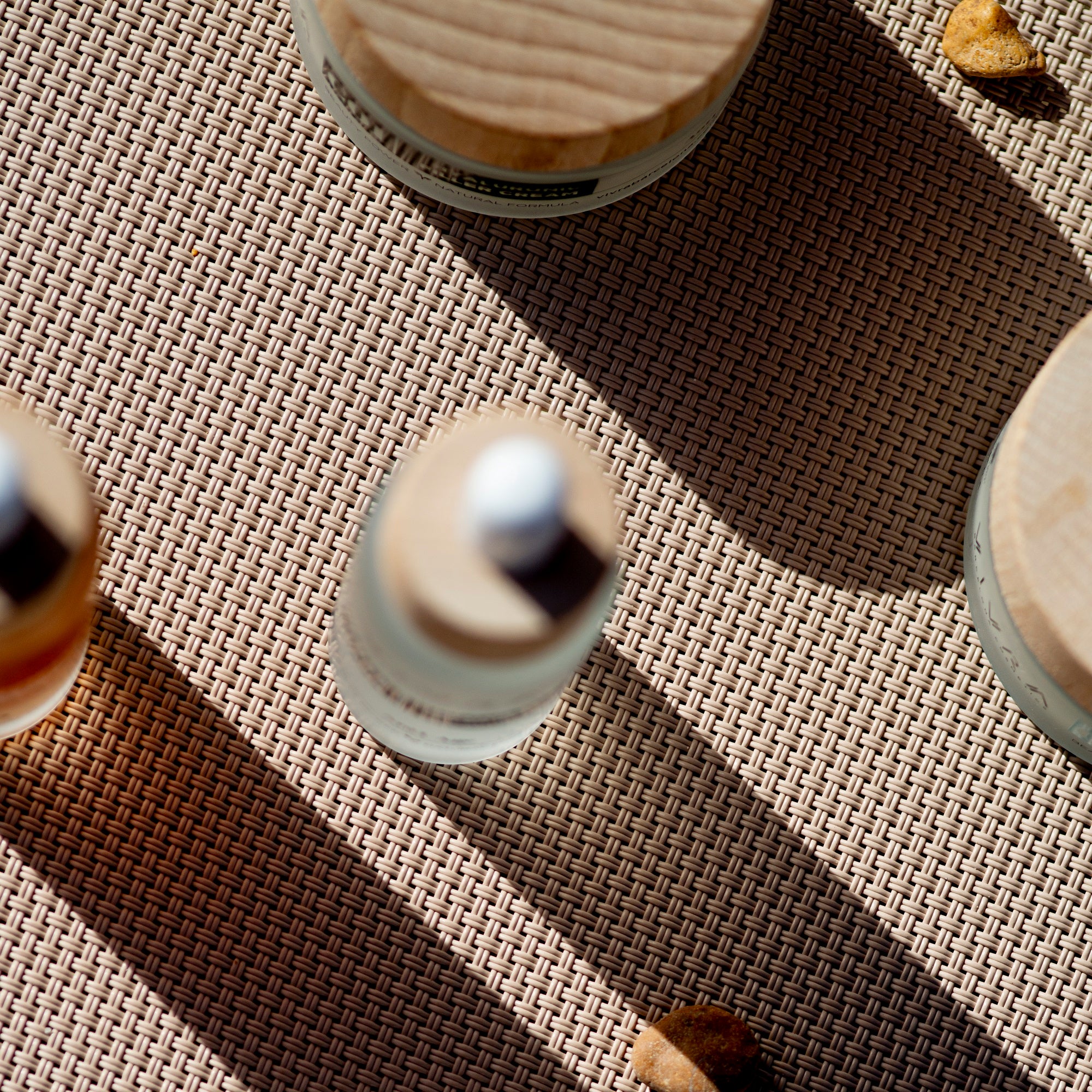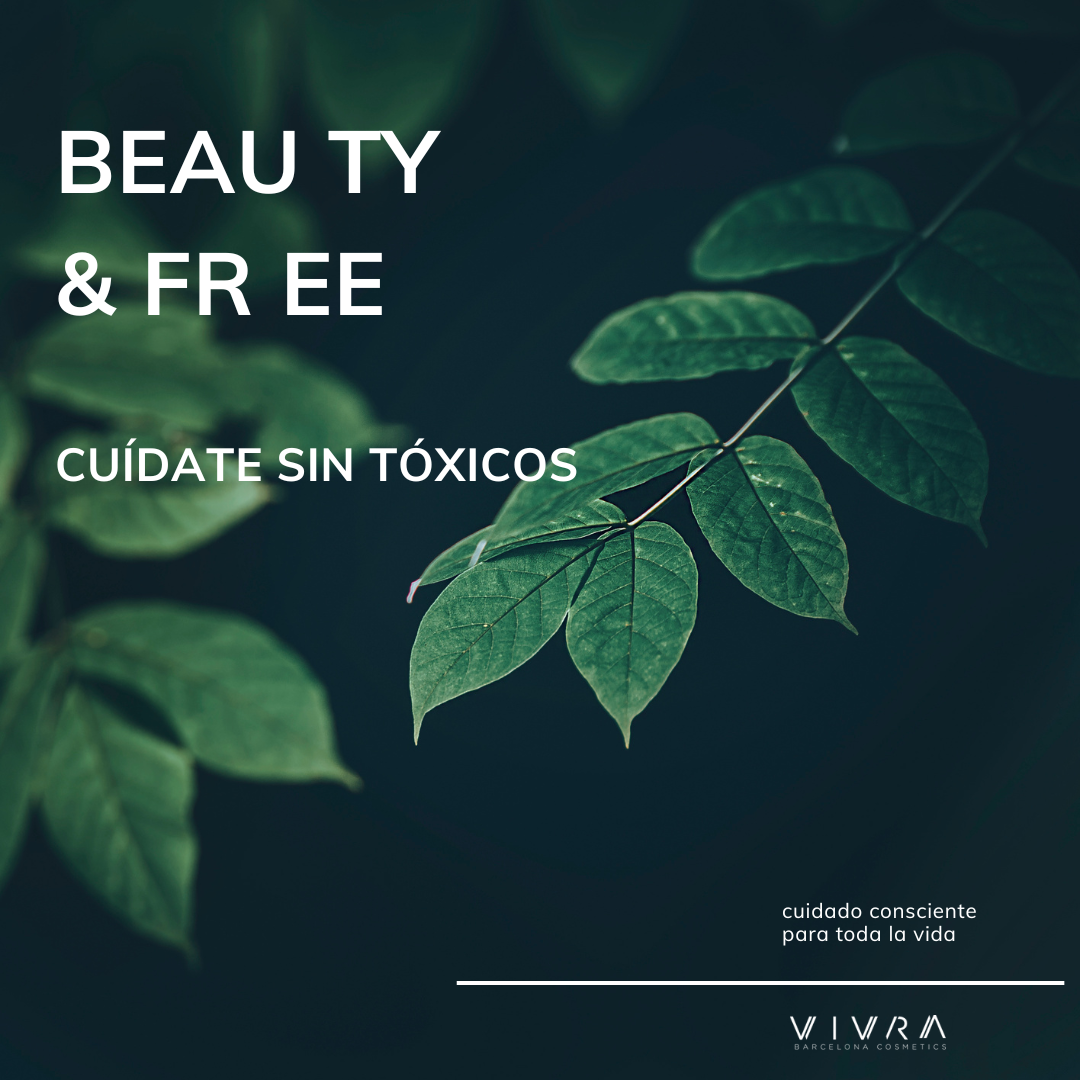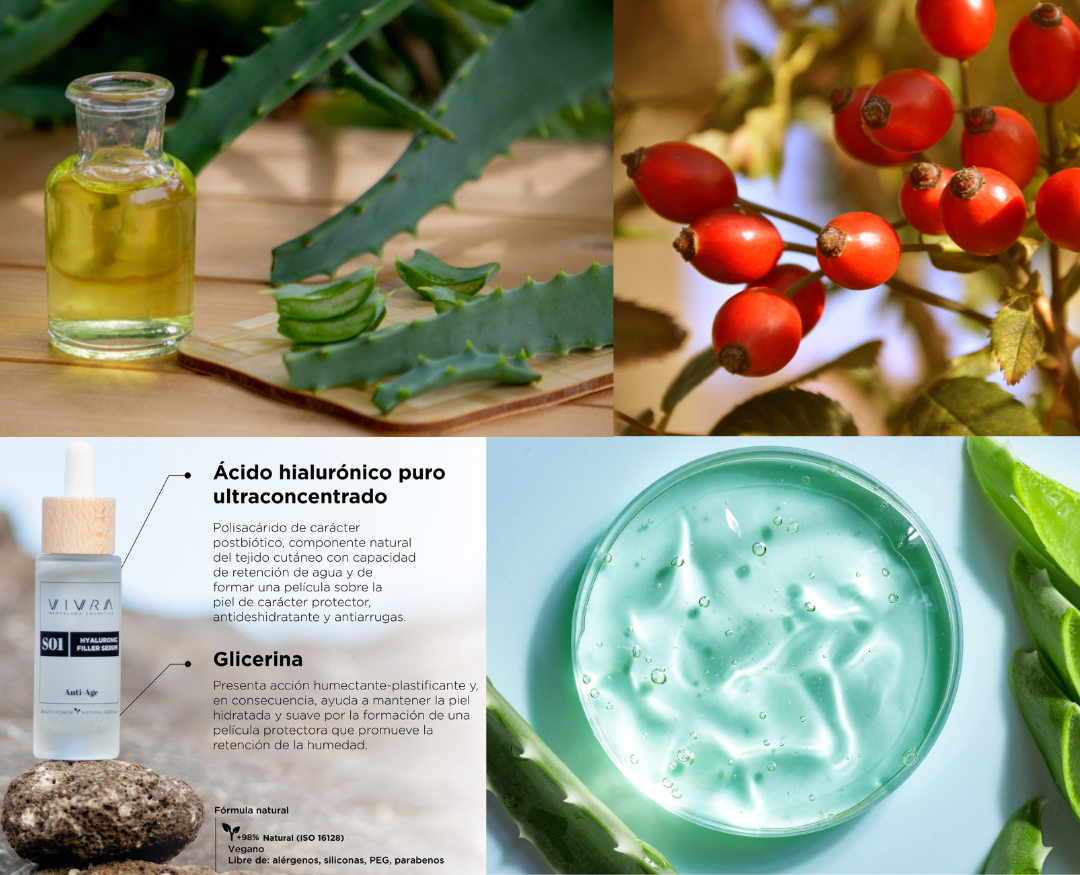In the quest for radiant skin and stunning hair, many people turn to a wide range of cosmetic products. However, what many do not know is that some of these products may contain toxic ingredients that pose a health risk. In this article, we will explore the most common toxins in cosmetics, their possible adverse effects and how you can protect yourself.
1. Parabens: Controversial Preservatives
Parabens are preservatives used to prevent the growth of bacteria and fungi in cosmetic products. Although they are effective, it has been shown that they can mimic estrogen in the body, which can upset hormonal balance and increase the risk of breast cancer. The most common parabens include methylparaben, ethylparaben, and propylparaben.
Tip: Opt for products labeled "paraben-free."
2. Phthalates: Enemies of Fertility
Phthalates are found in many cosmetic products, including perfumes, hairsprays, and nail polishes. These chemicals can interfere with the endocrine system and have been associated with fertility problems and birth defects.
Tip: Look for products that say "phthalate-free."
3. Formaldehyde: A Known Carcinogen
Formaldehyde and formaldehyde releasers, such as DMDM hydantoin, are used as preservatives in cosmetic products. Long-term exposure to this compound has been linked to cancer and can cause skin and respiratory irritation.
Tip: Read labels and avoid products that contain formaldehyde or its releasers.
4. Sulfates: Common Irritants
Sulfates, such as sodium lauryl sulfate (SLS) and sodium lauryl ether sulfate (SLES), are cleansing agents that produce foam in shampoos and shower gels. Although they are effective in removing dirt and oil, they can be irritating to the skin and scalp.
Tip: Prefer products with gentle cleansing agents and no sulfates.
5. Triclosan: Problematic Antibacterial
Triclosan is an antibacterial agent present in some soaps, toothpastes and deodorants. It has been linked to antibiotic resistance and impaired thyroid function.
Tip: Choose antibacterial products without triclosan or just use regular soap.
How to Protect Yourself from Toxins in Cosmetics
- Read Labels: Familiarize yourself with common ingredients and their possible effects. Avoid products that contain known toxic substances.
- Opt for Natural Cosmetics: Look for natural and certified organic products, which tend to have fewer harmful chemicals.
- Investigate Brands: Support brands committed to safety and transparency in their formulations.
- Use Apps and Tools: There are mobile apps and websites that can help you identify safe products based on their ingredients.
Conclusion
Conscious use of cosmetic products is essential to protect your long-term health. By being informed about the most common toxins and their effects, you can make safer decisions and enjoy a beauty routine without unnecessary risks. Remember, your skin and your body are for life, and they deserve the best.
Check out the entire range of toxic-free natural cosmetics from vivrabarcelona.com here, see products

